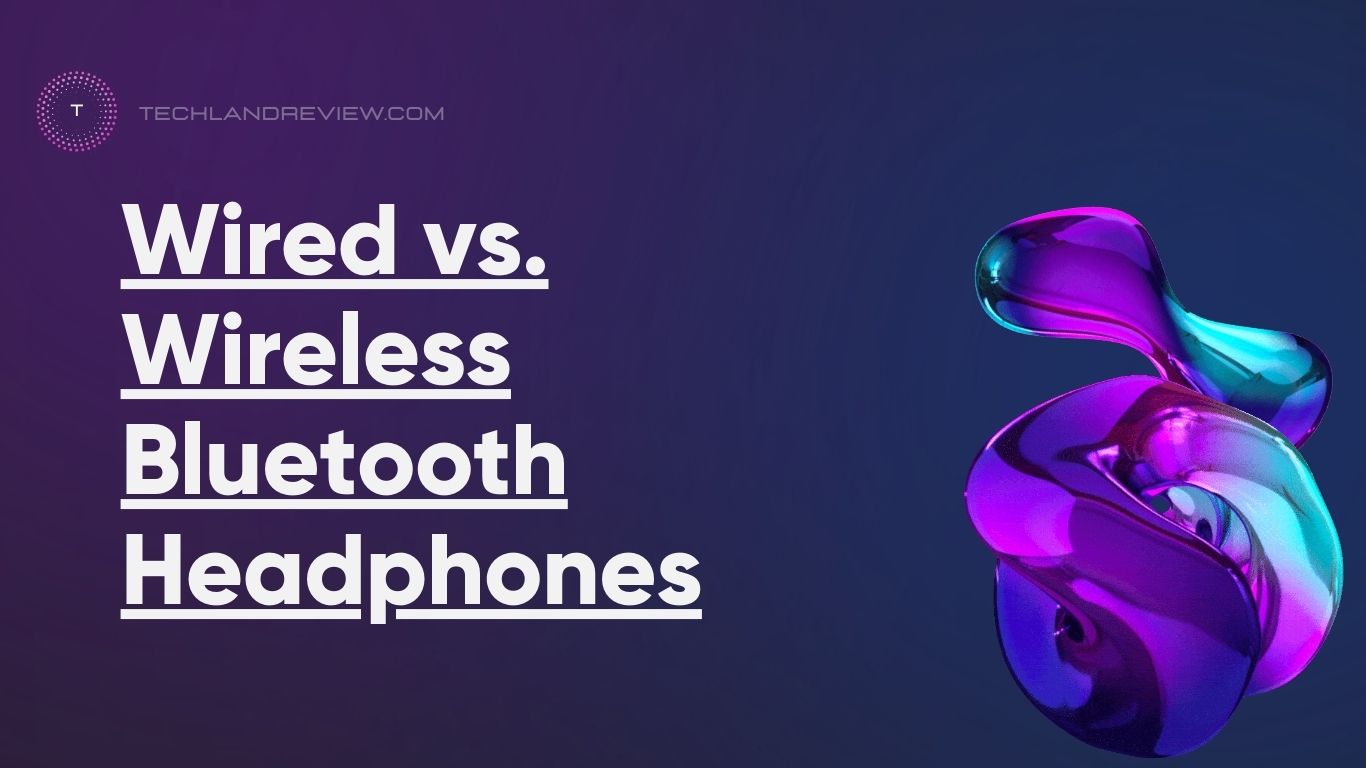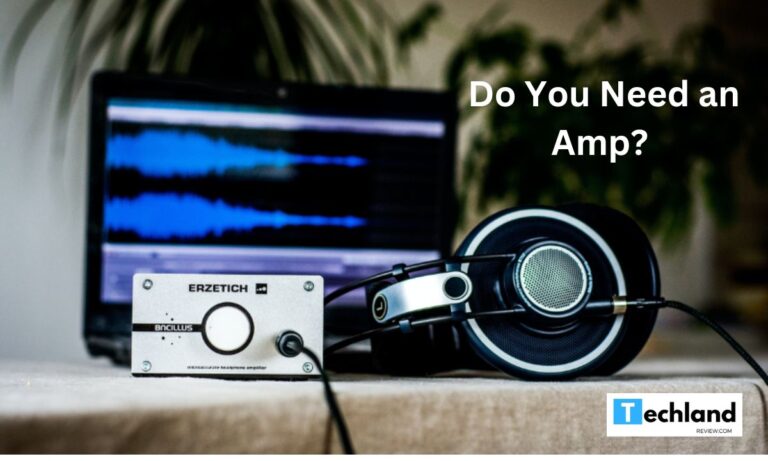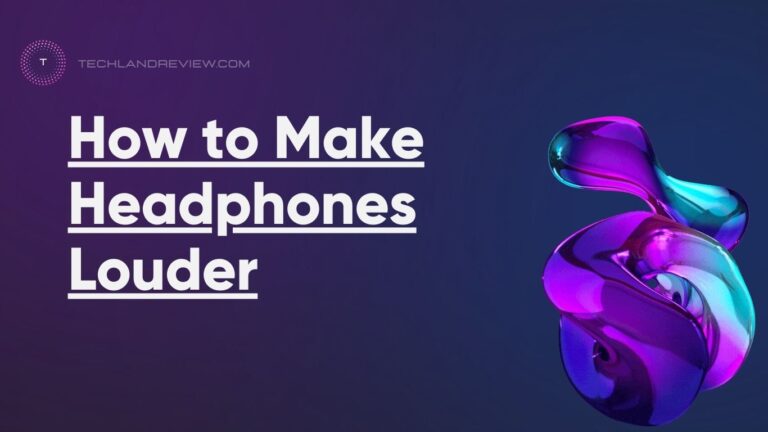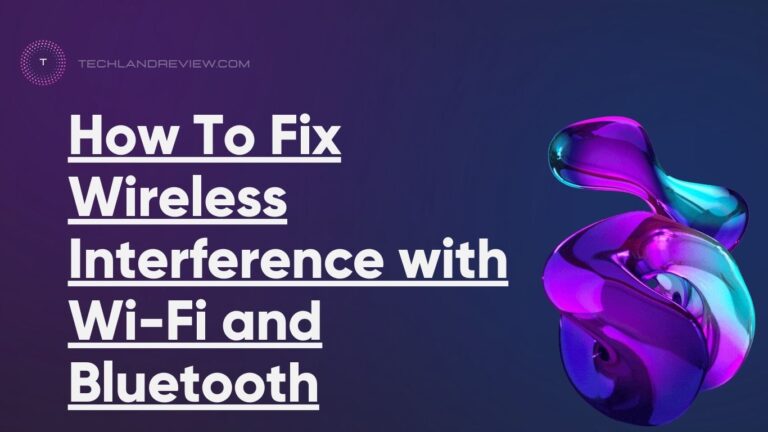Wired vs. Wireless Bluetooth Headphones: Which Should You Get?
The debate between wired and wireless Bluetooth headphones has been ongoing as technology continues to evolve. Both types of headphones have their unique pros and cons, and the choice largely…
The debate between wired and wireless Bluetooth headphones has been ongoing as technology continues to evolve. Both types of headphones have their unique pros and cons, and the choice largely depends on personal preferences, lifestyle, and specific use cases. This article aims to provide an in-depth comparison to help you make an informed decision.
Audio Quality
Wired Headphones: Uncompromised Quality
Wired headphones have long been favored by audiophiles due to their superior sound quality. They deliver lossless audio transmission, ensuring the sound remains pure and unadulterated from the source to your ears.
Wireless Bluetooth Headphones: Advancing Technology
While early wireless headphones often sacrificed sound quality for convenience, advancements in Bluetooth technology have significantly narrowed the gap. With codecs like aptX and LDAC, wireless headphones can now provide near CD-quality sound.
Battery Life and Convenience
Wired Headphones: Unlimited Listening
One of the major advantages of wired headphones is that they don’t require charging. As long as your device has power, you can listen indefinitely, making them an excellent choice for long trips or extended listening sessions.
Wireless Bluetooth Headphones: Freedom and Flexibility
Wireless headphones offer the convenience of a cord-free listening experience, making them ideal for activities like exercising. However, they require regular charging. Most models offer between 15 to 30 hours of battery life, and some come with quick charging features for added convenience.
Durability and Maintenance
Wired Headphones: Cord Wear and Tear
While wired headphones typically have fewer components that can fail, their cords are susceptible to wear and tear. Over time, the repeated bending and twisting can damage the wire, causing sound issues.
Wireless Bluetooth Headphones: Less Physical Damage
Wireless headphones eliminate the issue of cord damage. However, they are not entirely problem-free. The battery can degrade over time, and repairs can be more complicated compared to wired headphones.
Also Read:- How to Make Headphones Louder
Compatibility
Wired Headphones: Universal Connection
The 3.5mm headphone jack has been a standard for audio devices for years, making wired headphones widely compatible. However, note that some newer smartphones have dropped the headphone jack, requiring an adapter for wired headphones.
Wireless Bluetooth Headphones: More Compatibility Concerns
Wireless headphones generally rely on Bluetooth, which is universal across modern devices. However, not all devices support the latest Bluetooth version or advanced audio codecs, which can limit audio quality and features.
Price
Wired Headphones: Affordable Quality
Wired headphones tend to be cheaper than their wireless counterparts, making them a great option if you’re after high-quality sound at a more affordable price.
Wireless Bluetooth Headphones: Pay for Convenience
Wireless headphones often come with a higher price tag due to the convenience and additional features they offer, such as active noise cancellation and smart capabilities.
Final Words
The choice between wired and wireless Bluetooth headphones ultimately depends on your individual needs and preferences. Wired headphones may be your pick if you prioritize audio quality, endless playtime, and a lower price point. However, if you value the freedom of movement, flexibility, and advanced features, wireless headphones may be worth the investment. Remember, the best headphones for you are the ones that fit your lifestyle and provide the listening experience you desire.







